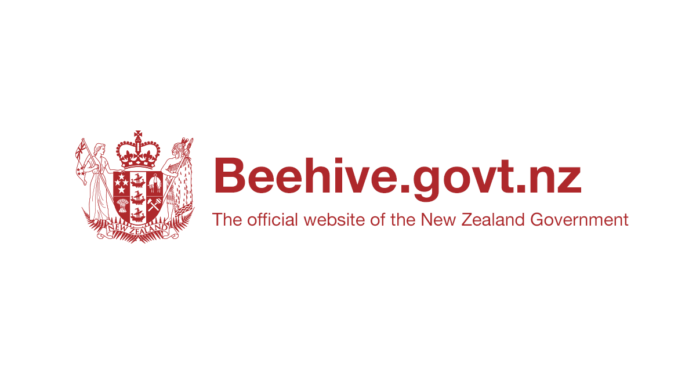Source: New Zealand Government
Local Government Minister Nanaia Mahuta today confirmed the Government will create four publicly owned water entities to ensure every New Zealander has access to affordable, long-lasting drinking, waste and storm water infrastructure without ballooning costs to households and families.
“The case for change is too compelling to ignore. It is clear that without the establishment of these publicly-owned entities we will continue to see a frail network and contaminated water in many communities. To delay will only push the problem on, increase future household costs and put livelihoods at risk,” said Nanaia Mahuta.
“These reforms have been long signalled. In our manifesto we committed to tackling big issues that others have long neglected in order to future-proof New Zealand. We are taking action to ensure safe, clean water for all communities in New Zealand for generations to come, protecting households from ballooning costs, and better preparing for the compounding impacts of climate change,” Nanaia Mahuta said.
It is estimated $185 billion is needed to fix, upgrade and maintain New Zealand’s water services over the next 30 years, to ensure that critical water infrastructure is maintained.
“New Zealanders simply cannot afford to follow the status quo facing costs of between $1900 and $9000 over the next 30 years, depending on location. Under reform proposals with four entities those figures significantly reduce to between $800 and $1640, saving each household thousands of dollars,” said Nanaia Mahuta.
“Local councils are trying to deal with the upkeep of aging infrastructure, which is literally crumbling in some of our biggest cities. They face the additional strains of growing population, climate change resilience and extreme weather events, as well as competing for a limited number of skilled workers to do the job.
“It would be irresponsible to pour taxpayers’ money into propping up a broken system, or let households face unprecedented rises in water costs. Currently 43 of the 67 councils do not have the revenue to cover their water services operating expenditures at the moment, let alone once the infrastructure starts failing.
“As we recover from the impacts of COVID-19, we are helping accelerate our economic recovery through the creation of 6000 to 9000 new jobs and a boost to our economy of $14 billion to $23 billion over the next 30 years.
“For decades, councils have had to make difficult trade-offs between investing in these critical services or other services central to the wellbeing of their communities. These entities will have the sole focus of providing drinking, waste and storm water infrastructure to the communities they serve.
Work is underway to establish a working group of local government, iwi and water industry experts to work through elements of entity design. The group will work through the enhancements to entity design and look at the governance and accountability arrangements of the entities, as well as provide an opportunity for public participation and consultation.
“It is a bottom line for the government that the entities remain in public ownership,” said Nanaia Mahuta.
“We will continue to work with councils and ensure that local participation is evident in the critical next phase.
“As we look to next steps, I will be introducing legislation to progress the establishment of the entities. The Select Committee process will provide an opportunity to get public feedback on the reforms,” said Nanaia Mahuta.
“I also want to signal to those people currently working in water services across councils that this is a critical step change to improve the status quo and we need all workers to be assured that their interests are very important to maintain continuity and continue to grow these skills in our communities,” said Nanaia Mahuta.
Cabinet has also tasked the Department of Internal Affairs with establishing a unit to focus on the successful implementation of these reforms. This unit will work with the local government sector, iwi, water industry and other stakeholders to ensure a smooth transition to the new arrangements.
ENDS
Note: Further information can be found at https://www.dia.govt.nz/Three-Waters-Reform-Programme



